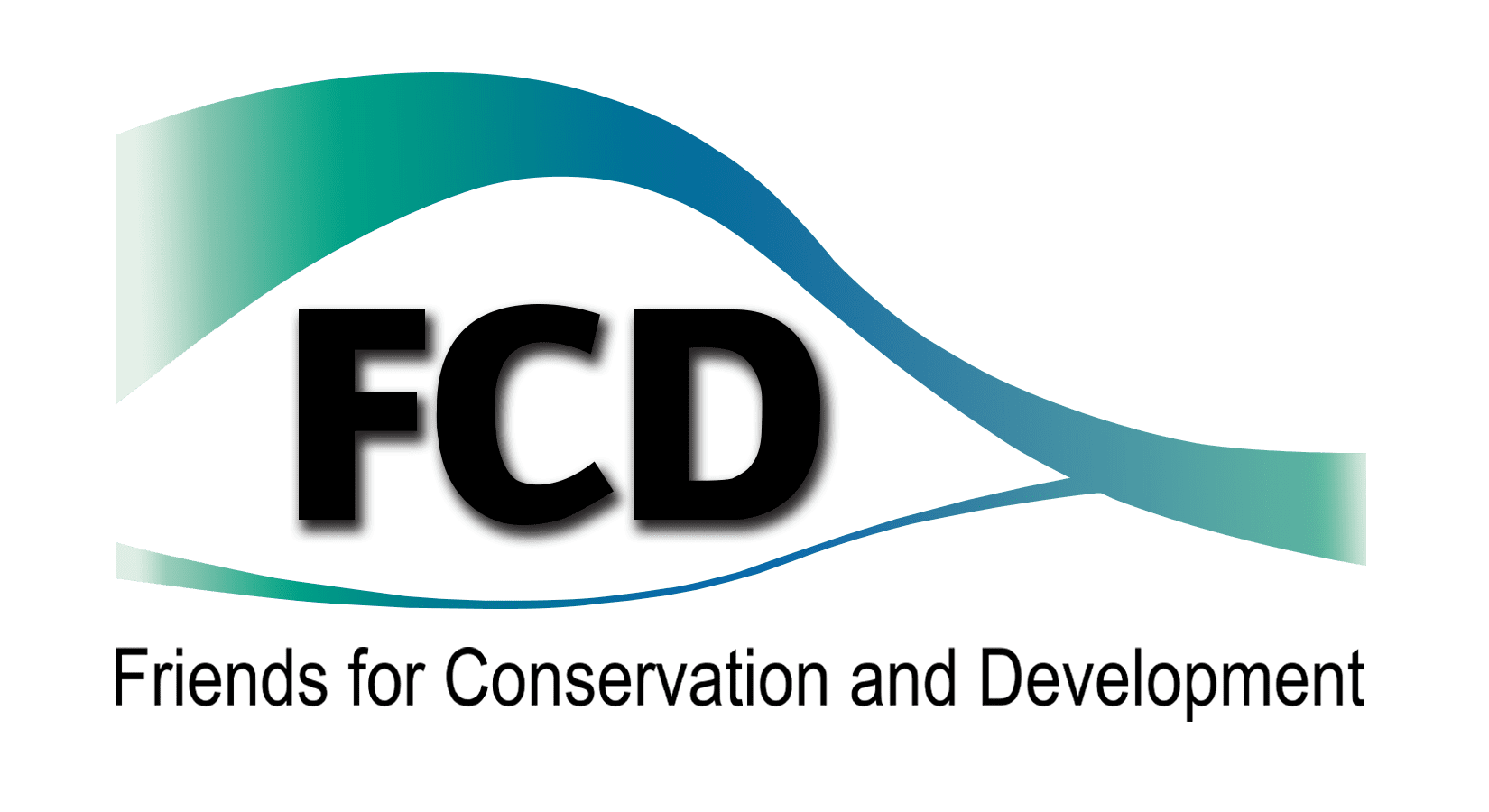MESSAGE FROM THE BOARD CHAIR
The non-governmental work that FCD does is, truly, a labor of love. Its mandate is the protection and conservation of 5.5% of our country’s landmass. As one may imagine, this is not a very easy task. What is even more incredible, is the fact that FCD expends most of its effort in defense of the forest than anything else. This was not the original process of thought of the boys who started that environmental club in San Jose Succotz in 1989, but in 2017 this is the reality.
FCD and the Chiquibul Forest are known quite affectionately on the streets of Belize. Most Belizeans; however; will almost immediately align this forest to incursions by people who illegally cross the Western border. But the Chiquibul Forest is more than that. It is one of the last pristine areas in Central America. It is a part of the last pieces of the planets lungs.
I have been a supporter and a member of FCD for a while now. As President of the Board, one truly sees that labor of love in all its intricacies and its relationships with donors, government organizations, and many other institutions that truly care to help FCD with its success in its mandate. I have been a member of many non-governmental institutions and I believe this socio-environmental participation with FCD is way up at the top of any service I can offer my country.
This coming year, the plan is to make FCD more sustainable. We have organized and signed on to our strategic plan and we are going into 2018 with high hopes and energy to further strengthen the different areas of our beloved institution. We hope that we can develop a larger Membership and we want to foster more ‘ownership’ of FCD.
In my service at FCD, I have found out that saving a macaw is a more complicated idea than just the safety of a wild bird. To save a macaw, for FCD, means to be in the way of incursions by poor peasants who come into our forests to poach the macaw. By coming into this enormous wild space that is the Chiquibul Forest, it is difficult not to see the forests wealth, hence to get to the macaw chick, people will target xate palm, hardwoods, wildlife, gold, then farming and lately cattle ranching. Yes, Cattle ranching in the Chiquibul Forest! While all this is a core problem, the truth is, if we are going to save the macaws we must do one of two things: we either man the border of the Chiquibul Forest or we assist the sister institution in Guatemala, Asociacion Balam, to engage the people of the border villages on the Guatemalan side, who are approximately 260,000 people with 60% of that population being children and youth. It’s complicated work, but not impossible and we will need all the help we can to save our forests.
If you are a member of FCD we want to thank you for that. We also want to ask you to let your friends and your networks know about FCD and we urge you to ask them to join us in our very important work.
I close with the words of the environmental philosopher John Muir, “When one tugs at a single living thing in nature one finds it attached to the rest of the world”.

Joe Awe
